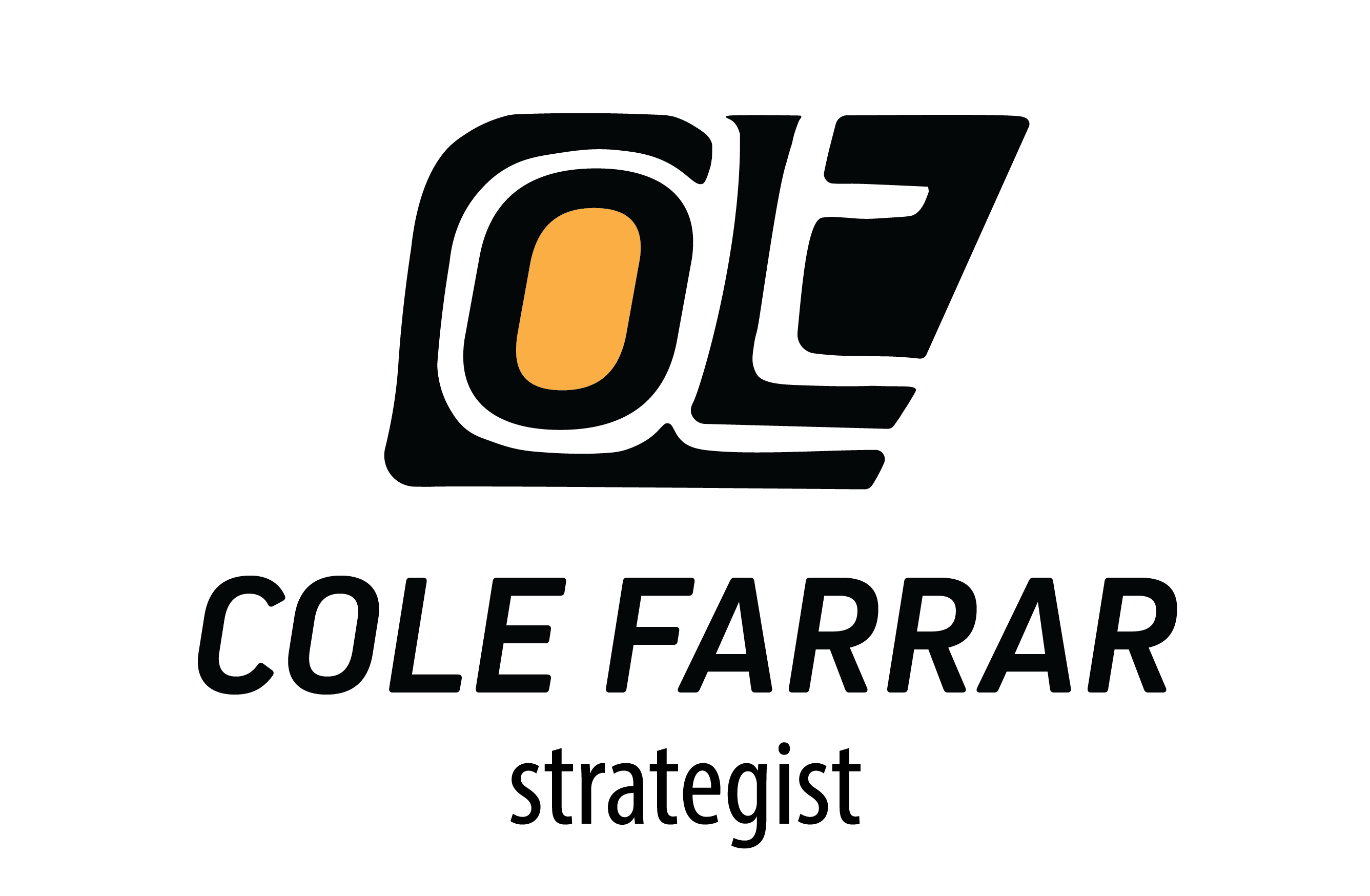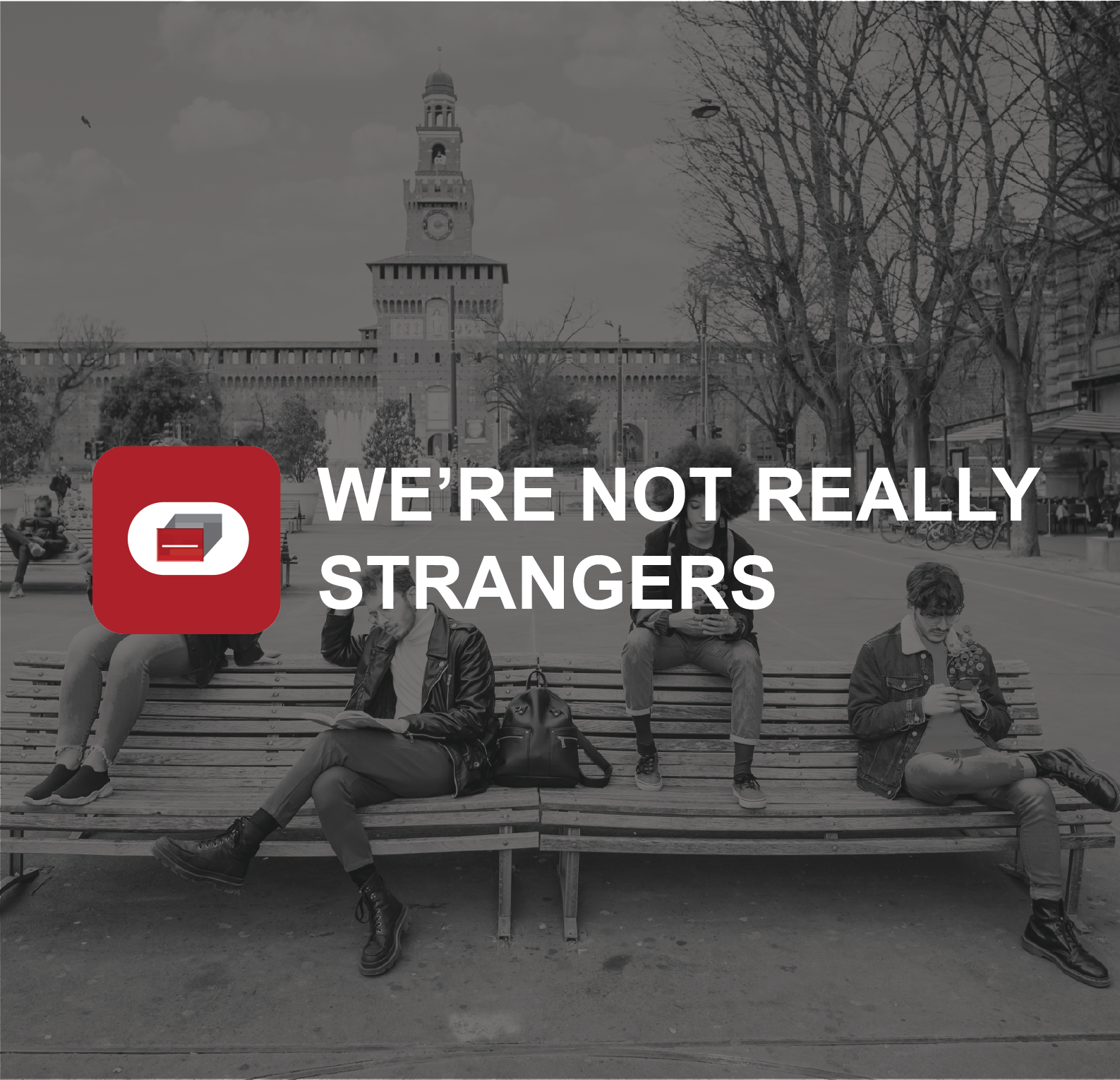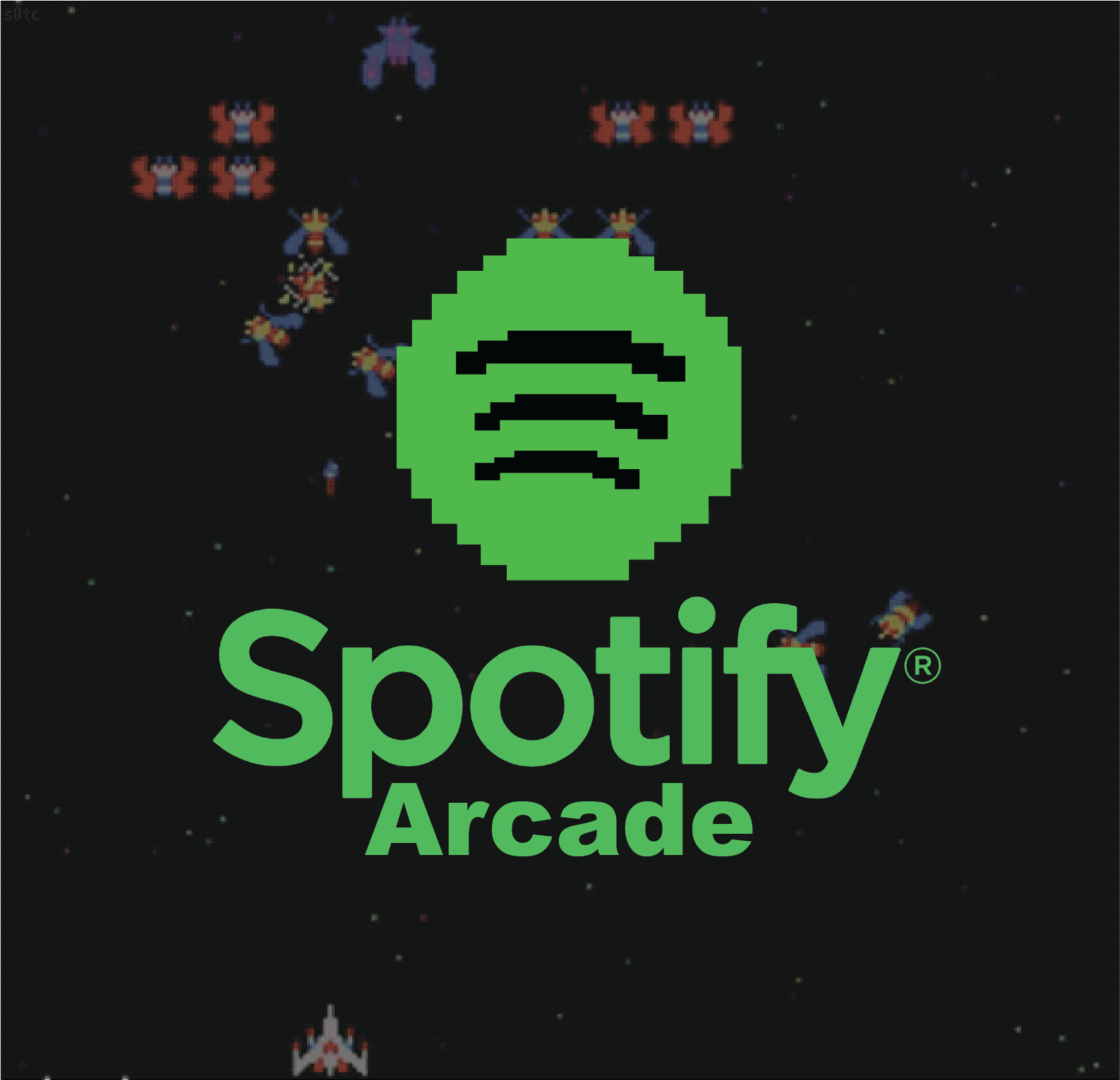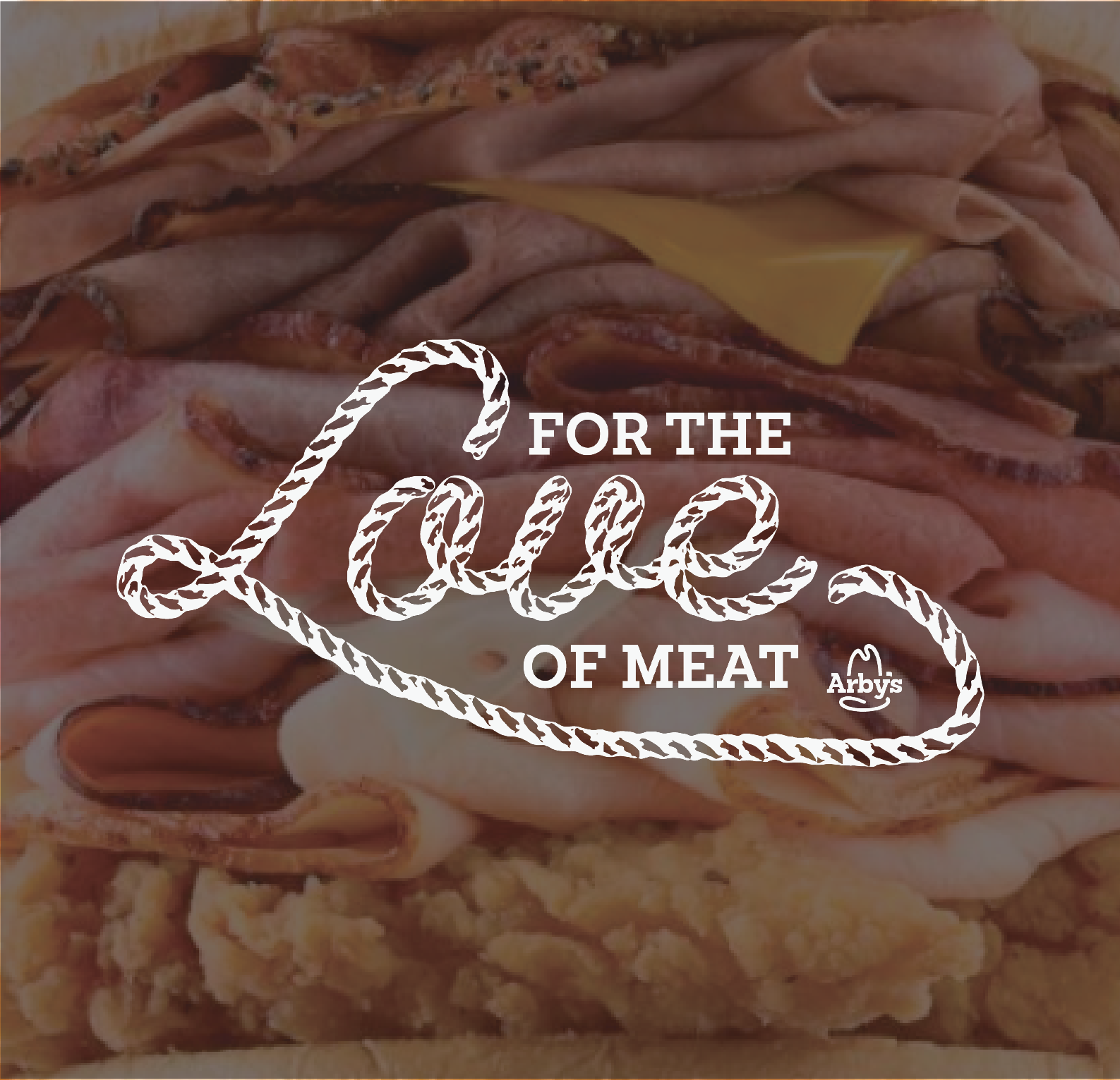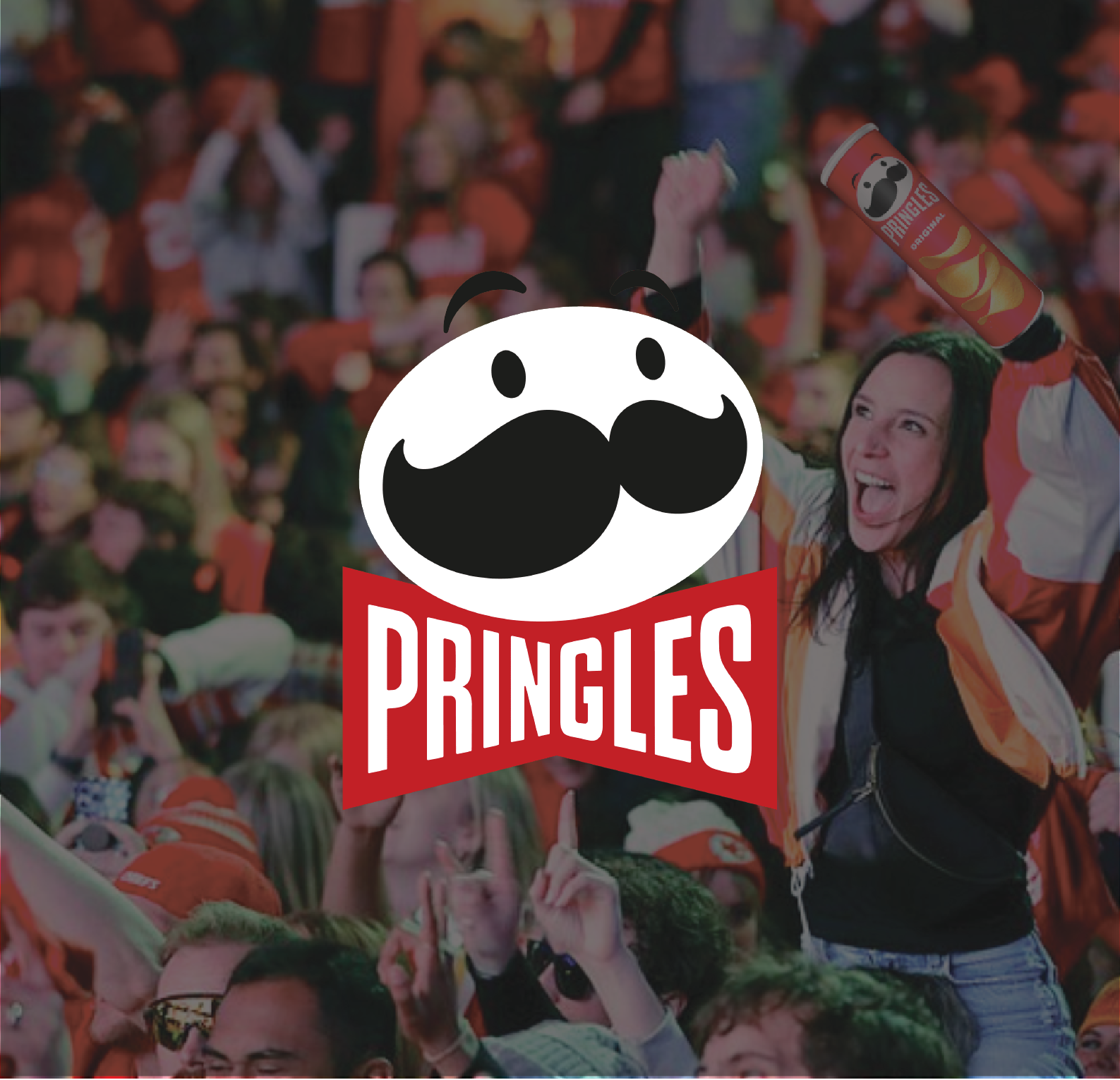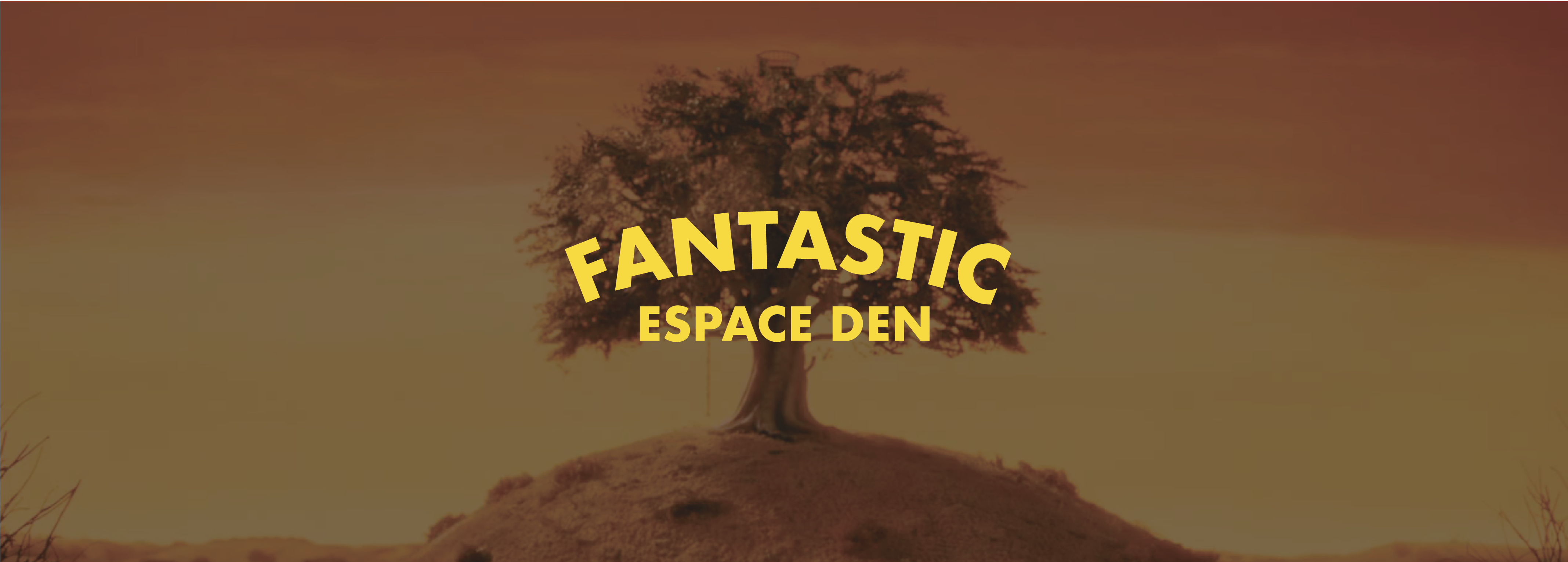
Context: VCU Brandcenter Student Project | Week Sprint
Team: Cole Farrar, Hazel Cimino, & Taylor Martin
Toolkit: Adobe Creative Suite
Role: Strategist, Experience Designer
Team: Cole Farrar, Hazel Cimino, & Taylor Martin
Toolkit: Adobe Creative Suite
Role: Strategist, Experience Designer
OBJECTIVE
Extend Fantastic Mr. Fox’s brand.Invite fans of the classic Roald Dahl book and Wes Anderson film, Fantastic Mr. Fox, to engage with the narrative in a fresh way.
PROBLEM
A dated narrative.
With Rahl Dahl publishing the narrative in 1970, the resurgence of the Wes Anderson film in 2009 brought attention and love that has slowly diminished.
INSIGHT
Fictional worlds inspire us.
We bring fictional worlds into our own. Whether it is through their cinematic color palette, fashion forward trends, or the catchy terminology. We long to visit them.
STRATEGY
Enter the world of Fantastic Mr. Fox.Provide a way for users to immerse themselves in the fictional world of Fantastic Mr. Fox in order to elevate fandom of the beloved narrative.
CONCEPT
The Fantastic Escape Den.Launch an in person escape room allowing participants to take part in the Fantastic Mr. Fox storyline separated into three rooms themed after the three villains.

Fantastic Escape Den is an immersive, family-friendly experience. While waiting for the escape room experience to begin, fans enjoy a pre-roll animation that outlines their mission without giving too much away.

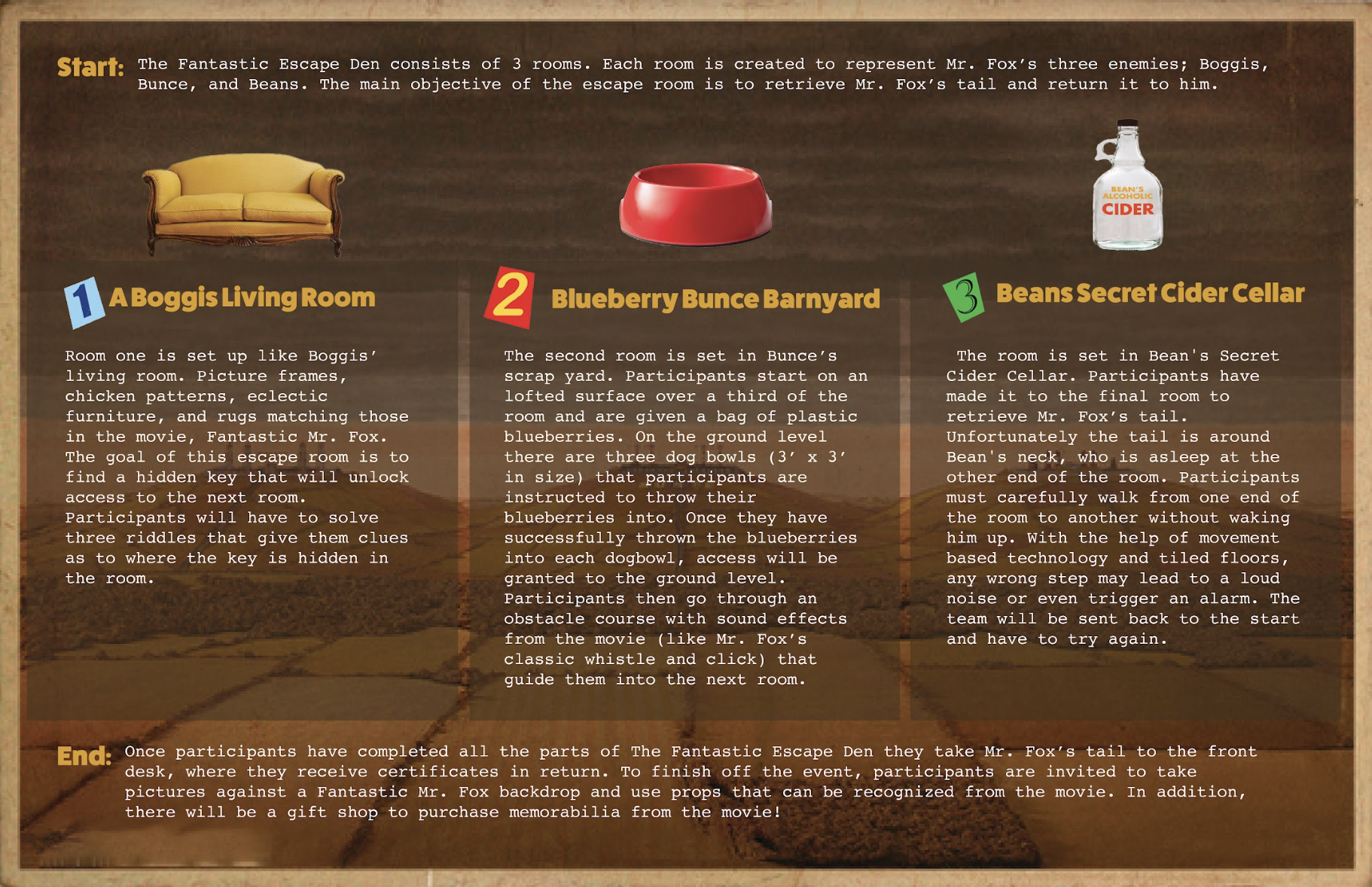

PROCESS
REFLECTIONS
- We took our love for the narrative and made a new way for people to interact with the beloved story. With a short turn around, we strategically presented through the lens of an escape room pre-roll. We used ChatGPT to help elevate and refine the script, incorporating the characters' nuances. Then used Eleven Labs to mimic Mr and Mrs. Fox’s voices - George Clooney and Meryl Streep.
REFLECTIONS
- Our project would not amount to its success solely with AI’s contribution. It was the human touch, prompting, and strategic positioning that allowed our idea to prosper.


